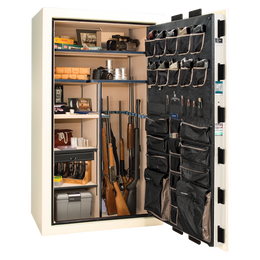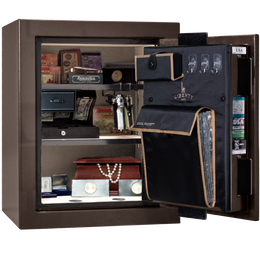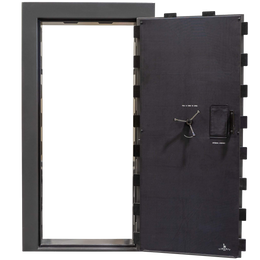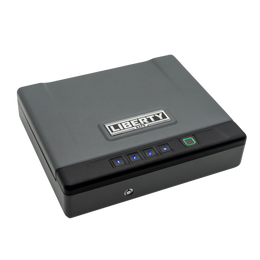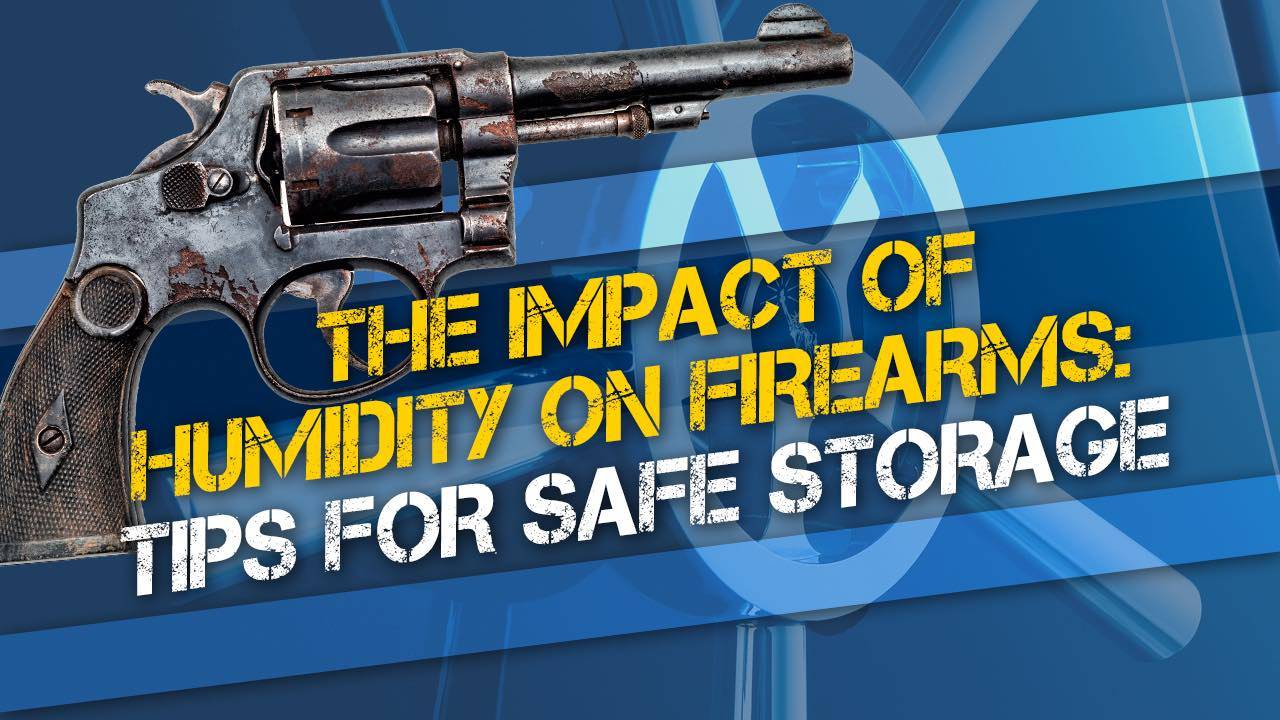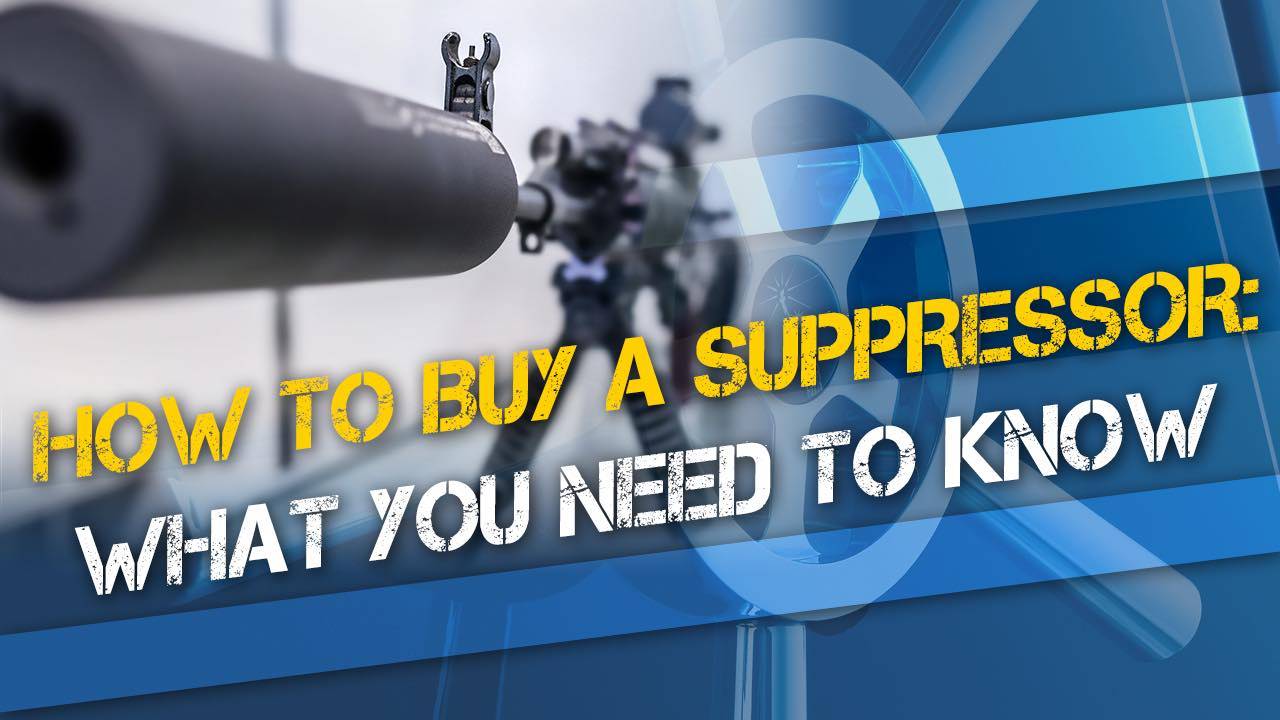Even in our increasingly digital and online world, many important documents are often still recorded and kept on paper, like passports, social security cards, deeds and mortgages, vaccination records, birth certificates, insurance policies, titles, and more, all of which can be easily damaged or lost in a fire, flood, theft, or other disaster. How should you store your personal vital records, legal documents, and other important papers to help prevent damage and identity theft? Let’s go over some basics.
In this article:
- Personal records and legal documents to consider storing in your safe
- Storing documents properly to prevent environmental damage
- How to prevent fire damage to paper valuables and records
- Preventing mold and mildew on paper records and documents
- Why you should consider “doubling up” on document fire protection
This category might not technically be a “thing you wouldn’t think to put in your safe,” because most reasonable people immediately recognize the value of keeping vital personal information, legal records, and other documents in a safe place, and what place in your home is safer than a secure, fire safe by Liberty?
Personal records and legal documents to consider storing in your safe
In addition to family albums, photos, historical/genealogical records, books, and journals, some examples of important documents and records you should consider keeping in your safe include:
- Birth certificates
- Passports and passport cards
- Vaccine records
- Titles for automobiles, motorcycles, off-road vehicles, RVs, boats, etc.
- Deeds
- Social Security records
- Tax returns
- Receipts
- Warranties
- Life, home, car insurance policies
- Credit cards and bank account information
- Stock certificates and other investment records
- Hunter’s safety cards
- Professional certifications/certificates
- Legal documentation, settlements
- Survey reports of property/real estate
- Any other important records you don’t want to risk losing
Proper storage of paper records and personal documents requires a temperature- and humidity-controlled environment (like your home safe)
So what conditions are appropriate for storing your valuable documents and personal records in your safe? For paper documents, the typical recommendation from librarians and archivists is a low-humidity environment between 30%-50%, and a temperature between 50 and 70 degrees. A stable temperature is important as well, so keeping your documents and safe inside your house, rather than, say, in a garage or outbuilding where temperatures will fluctuate throughout the day, is strongly recommended.
The importance of a safe dehumidifier
Paper records and documents are “hygroscopic,” meaning that they absorb the moisture that is present in the air. In many parts of North America, humidity is a serious concern. If you don’t keep the air inside your safe at a relatively low humidity, the moisture in the air will be absorbed by the documents in your safe and can lead to cracking, curling, flaking, bleeding of ink, and if humidity is high enough, to mildew and mold damage.
If you have a good in-home dehumidifier that keeps the air in your home at reasonably low humidity, or if you live in a low-humidity locale, you may be able to get by without an in-safe dehumidifier.
However, in many cases it’s cheaper, easier, and more effective overall to install a dry-rod safe dehumidifier from Liberty Safe, or a similar device to keep the air inside your safe properly low-moisture.
In addition, stabilizing the humidity levels inside your safe helps protect your other valuables such as metal jewelry, firearms, watches, cameras, and electronics from mold, rust, and corrosion.
Liberty Safes offer excellent fire protection, but you should consider doubling up on fire protection for your irreplaceable documents and personal records
All Liberty Safes offer robust fire protection, with the top-of-the-line models naturally offering a superior rating. The Presidential (as well as Liberty’s Vault Door) has a certified fire protection rating of an amazing 2.5 hours at 1200° F. Next in line is the Lincoln safe, with a certified fire protection rating of 110 minutes at 1200° F. Liberty’s Colonial model comes with a very respectable 75-minute fire protection rating, and even the hot-selling, budget-friendly Centurion offers up to 40 minutes of certified fire protection at 1200 degrees fahrenheit. According to Fire9Prevention, industry representatives say that in an average house fire, a room will burn for around 20 minutes. Firefighter Insider says that house fires can reach temps up to 1500 degrees fahrenheit, so purchase the highest-rated save you can afford.
To extend that fire protection even further in the case of extended, extreme fire threats such as wildfires or other situations where your dwelling may burn for longer periods before firefighters can respond, we recommend storing irreplaceable paper records and documents inside Cool Pockets inside your safe. The Cool Pocket can keep sensitive documents contained in it up to 50 degrees cooler during a fire.
Most Liberty safes come with a Cool Pocket installed in the lower part of the fire-resistant door panel, and additional Cool Pockets are available for a very low price, so you can add additional layers of heat protection for your important documents, cash, and more, while keeping them secure inside your safe. For the price, there’s nothing better for adding an additional layer of more fire protection.
In case of a truly catastrophic fire that burns for hours and hours without relief, you may also want to add a small “fireproof document safe” that you store inside your main safe, to keep your most irreplaceable paper items and records even more protected from extended and truly devastating fires. These small and portable fire-resistant containers typically resist water also (which can be an issue in home fires due to the copious amounts of water necessary to put home fires out), and some are certified to survive up to an hour at 1700 degrees F.
Make and keep digital backups of paper records and documents where possible
Photographic/scanned digital copies of certain documents are not acceptable for some uses in some situations. Records and items such as driver licences, passports, social security cards, and birth certificates will often be required by employers, insurance providers, schools, lenders, and the like, and they will usually specify either “originals” or “official copies.”
However, keeping a digital copy of these items and records securely stored in your safe can still alleviate a lot of headache if you ever lose your originals. Some numbers and information on the copy may be useful in acquiring an official replacement, and for many uses (online data verification) all you need is the numbers or the info from the documents and records, and in that case, a digital copy is still quite helpful.
You should also scan or photograph (scanning is best and easiest) all your vital paper documents and keep the digital records on multiple, redundant hard drive backups as well as secure cloud-based archives, to cover all your bases. To learn more about external backup hard drives, please see our full article on storing backup hard drives and electronics in your safe.
A Liberty Safe is a great way to help protect your personal records and other important documents
Whatever Liberty safe you choose, it will go a long way toward keeping your valuables (and valuable information) safe and secure from fire, theft, and other damage. Visit your local Liberty Safe dealer today and see our wide selection of models, colors, sizes, and interiors.


